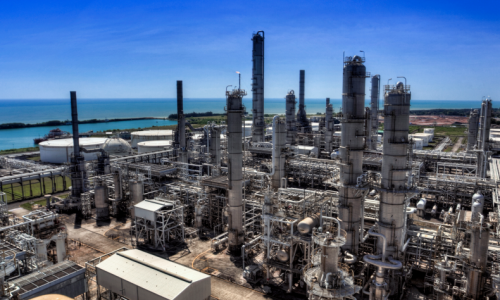PT Waskita Toll Road (WTR), a subsidiary of state-owned construction giant PT Waskita Karya (WSKT), has received IDR 762.78 billion (US$ 50.9 million) capital injection to meet the company’s needs and its affiliates.
Established in 1991, WTR is responsible for the development, construction, operation and maintenance of toll roads across the country. The company has been involved in major toll road projects in Indonesia, including the Jakarta-Cikampek Toll Road and the Surabaya-Gempol Toll Road. Its mission is to provide safe and efficient transportation services for travelers while contributing to the country’s economic growth.
Issuance of shares
The company obtained the capital injection through the issuance of 503,964 shares. Waskita Karya as WTR’S controlling shareholder acquired all the shares.
As a result, Waskita Karya’s control over WTR has increased from 92.10% to 92.31%. In contrast, the shares of another investor PT Dana Tabungan dan Asuransi Pegawai Negeri (Taspen) has been deluded from 7.90% to 7.69%.
Waskita Karya management confirmed that the additional funds would meet the financing requirements of WTR. “The additional capital from Waskita Karya will help WTR maximize its performance and bring added value for our company as its majority shareholder,” it said in its press statement.
Risks on toll roads
There are several risks that may affect WTR as toll road operator, such as:
Cost overruns: Toll road projects can be complex and involve a significant amount of upfront capital. Cost overruns can impact profitability and put pressure on the company’s finances.
Financing: Toll roads require significant upfront capital investment and the cost of financing that investment can be high. Interest rate increases or changes in borrowing conditions can impact the company’s finances.
Maintenance: Toll roads require significant ongoing maintenance to ensure they remain safe and efficient for users. The maintenance cost and potential for unexpected repairs can pressure the company’s finances.
There are also political risk in terms of policies and regulations as well as force majeure risks.









